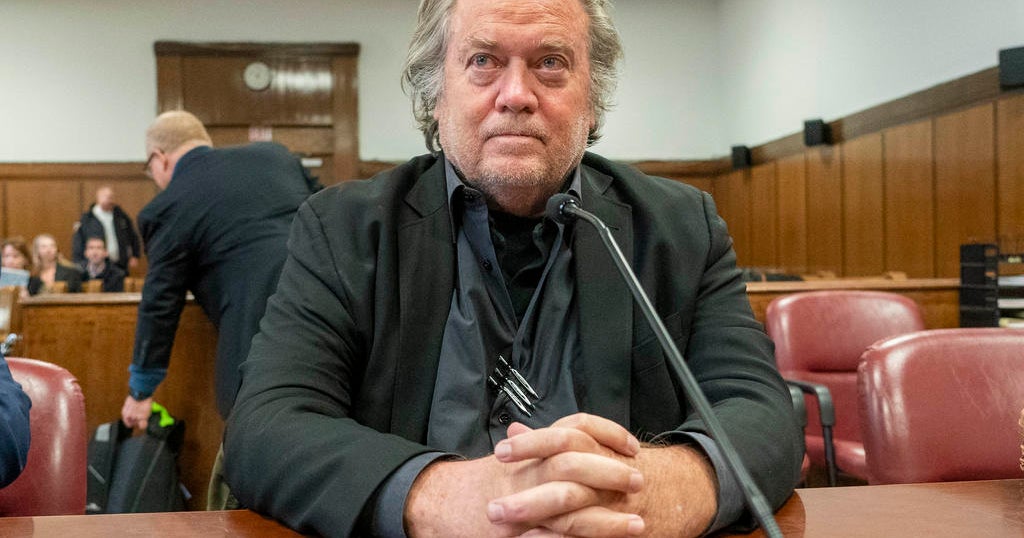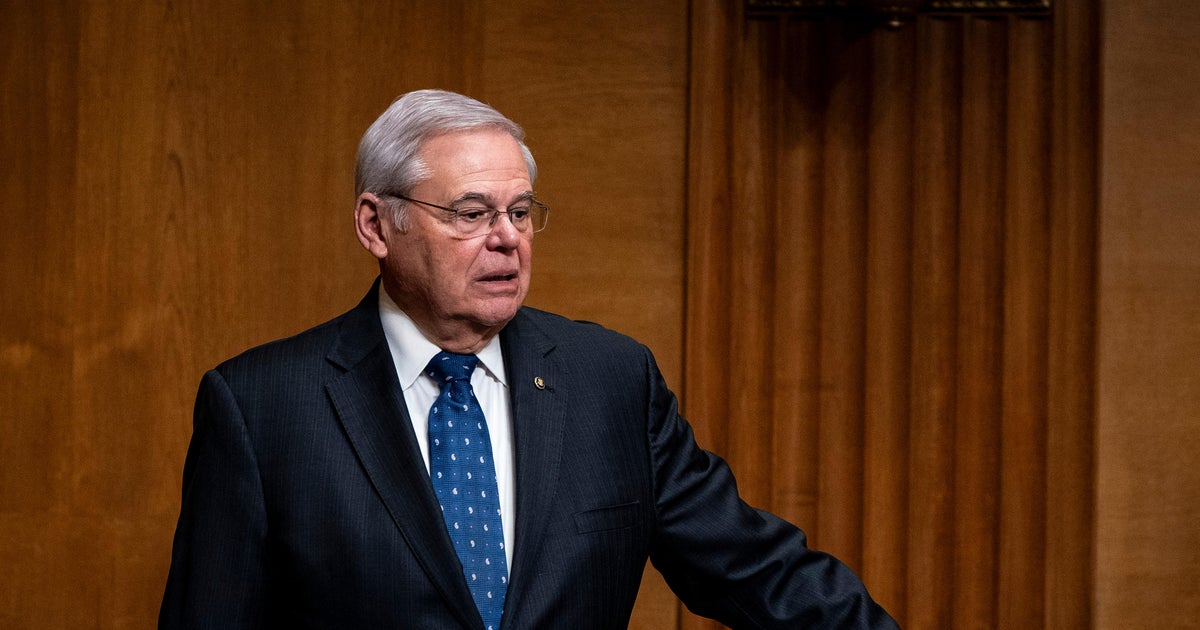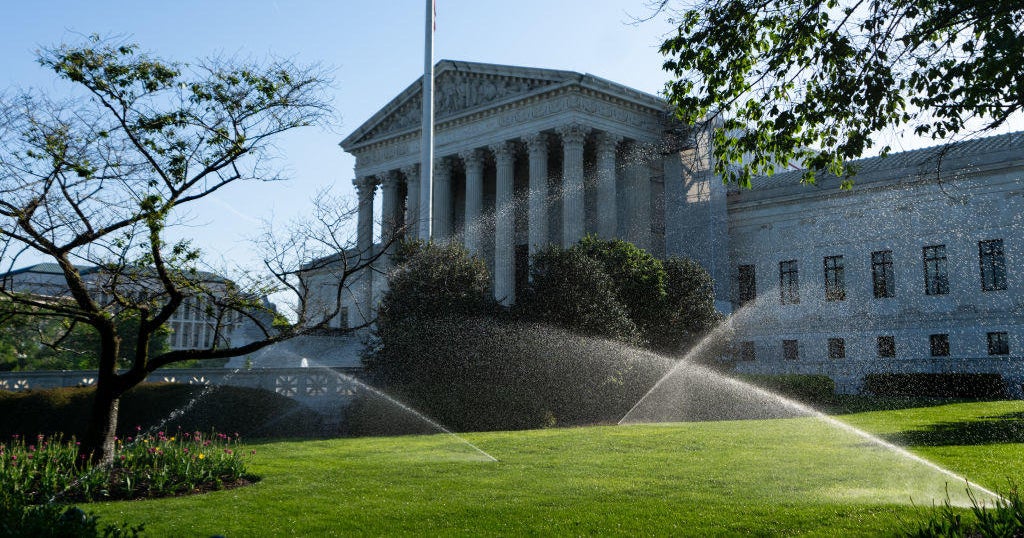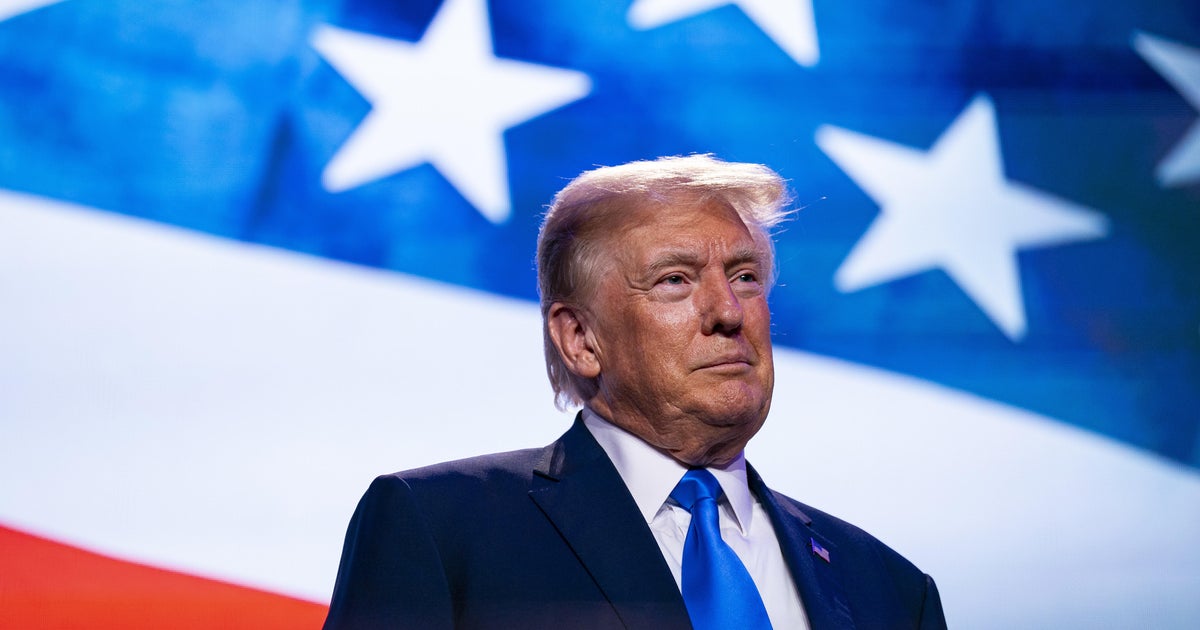Senate appears close to a deal over massive coronavirus stimulus bill
Washington — The Senate appeared close to reaching a deal on a massive stimulus bill to address the economic fallout from the coronavirus pandemic on Tuesday, zeroing in on legislation that would expand unemployment insurance and strengthen oversight of hundreds of billions of dollars used to shore up companies.
The tentative breakthrough followed two days of negotiations between Minority Leader Chuck Schumer and Treasury Secretary Steven Mnuchin. A final vote on the bill could still happen Tuesday night, but it is looking more likely that it will take place Wednesday, multiple congressional sources tell CBS News, as new elements of the deal must still be converted into legislative text for negotiators to review.
Markets reacted positively to the news, with the Dow rising more than 11% on hopes that both sides were coming to an agreement.
White House economic adviser Larry Kudlow said during a briefing by the Coronavirus Task Force on Tuesday evening that there has been "great progress" on the package, which he called "the single largest main street assistance program in the history of the United States."
Kudlow said that the total stimulus is expected to cost "roughly" $6 trillion, with $2 trillion appropriated by Congress and $4 trillion in liquidity from the Federal Reserve.
A Democratic aide familiar with the negotiations told CBS News that Schumer had secured an expansion of unemployment insurance to cover furloughed and freelance workers, as well as an increase in weekly benefits by $600 dollars until July, which would come on top of whatever states provide. The aide said unemployment insurance would also be extended by 13 weeks for those who are already receiving benefits as well as for the newly unemployed.
The GOP proposal also included direct payments of up to $1,200 to most taxpayers, and more for those with children. While it was not immediately clear what the payment structure would ultimately be, Democrats universally support direct payments to workers, with many seeking to increase the amount.
On a conference call with the Senate Democratic caucus Tuesday afternoon, Schumer was confident that Democrats had secured $150 billion for state and local governments and $130 billion dollars for hospitals, according to a person familiar with the call. The final price tag of the legislation remains to be seen, but several lawmakers expected it to surpass $2 trillion.
A senator told CBS News that the final language of the bill is "likely still hours away," but added that "hopefully this is the last round of deal making before we are final."
Democratic senators blocked the earlier bill crafted by Senate Majority Leader Mitch McConnell twice in two days, arguing it didn't do enough to help workers affected by the crisis, lacked necessary oversight of a fund for corporations and didn't include enough support for state and local governments. But McConnell said Tuesday morning that Democrats and Republicans were "very close" to hashing out their differences.
"We're on the 5-yard line," McConnell said on the Senate floor. "Today we can make all of the Washington drama fade away. If we act today, what Americans will remember and what history will record is that the Senate did the right thing."
Speaking soon after, Schumer said he had a "very productive meeting" with Mnuchin and other White House officials, and said the two sides were close to reaching an agreement.
"Last night I thought we were on the 5-yard line. Right now, we're on the 2," Schumer said.
House Speaker Nancy Pelosi, who introduced her own $2.5 trillion stimulus package Monday, said she was hopeful that both chambers could come to an agreement.
"I think there is real optimism that we could get something done in the next few hours," Pelosi said in an interview on CNBC.
Republicans currently have a razor-thin majority of 48 to 47 in the Senate, as five Republican senators are in self-quarantine. The procedural motion required 60 votes to advance to a full vote on the Senate floor. After lengthy negotiations at the Capitol that stretched late into the night, Mnuchin was back on Capitol Hill for talks on Tuesday.
"We're looking forward to closing a bipartisan bill today. The president wants us to get this done today," he said, adding that he had spoken to President Trump twice earlier in the morning. "We're down to a small number of issues and we look forward to a successful vote."
One of the biggest sticking points for Democrats in the negotiations was a seeming lack of oversight for big businesses receiving loans from a $500 billion fund. Under McConnell's proposal, Mnuchin would control the fund and have the discretion to conceal the names of companies receiving federal funds for six months.
Democratic Senator Chris Coons told reporters Tuesday that Mnuchin has now agreed that the names of businesses receiving loans from the fund would be disclosed within 72 hours.
"There are now provisions for an Oversight Accountability Board. There is funding for that board," Coons said. "And there is a provision for prompt public notice and transparency into which companies receive which loans, on what terms. I think that is significant progress."
When asked by CBS News about the lack of oversight of the fund in the Senate GOP's proposal, Mr. Trump insisted he "will be the oversight" at a press briefing on Monday.
Republicans argued that Democrats had tried to turn the stimulus bill into a grab-bag of liberal priorities. Mr. Trump accused them of trying to implement the "Green New Deal," an expansive package to combat climate change, even though Democratic proposals have not included language about climate change. McConnell placed the blame for the procedural vote failure on Pelosi, who joined negotiations on Sunday.
Around 600 people have died of the coronavirus in the U.S., but Mr. Trump has indicated that he is eager to reboot the flailing economy.
"Our country wasn't built to be shut down. This is not a country that was built for this. It was not built to be shut down," Mr. Trump said Monday. "We're not going to let the cure be worse than the problem."
Nancy Cordes, Paula Reid and Kathryn Watson contributed to this report.





